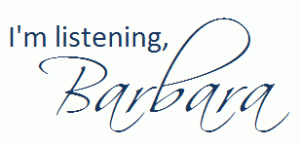 I simply can’t imagine how I’d stay up to speed in the ever-changing world of public relations without listening to podcasts. My iPod stays filled with a variety of podcasts, and I listen to them on my 100-mile roundtrip commutes to Georgia Southern.
I simply can’t imagine how I’d stay up to speed in the ever-changing world of public relations without listening to podcasts. My iPod stays filled with a variety of podcasts, and I listen to them on my 100-mile roundtrip commutes to Georgia Southern.
Since we have no class on Wednesday, April 1 (as I will be presenting twice at the Southern States Communication Association in Norfolk), here’s what you’ll do instead: listen and write.
- Listen to at least one hour of a public relations or social media podcast. Here are some suggestions; or, you can choose one of your own.
- Respond to this blog post with the name of the podcast you’ve chosen to listen to. (All you have to do is tell me the name of the podcast in the comment section of this post. No other information is needed here.) UPDATE: As of April 6, comments are closed.
- In your own blog, write a minimum of 250 words about what you got out of the podcast.
- Include hyperlinks to the website or show notes of the podcasts
- Be sure to mention the name(s) of the show’s host(s)
- Use the category of PR Connections for the post
- Due: No later than classtime on April 6






